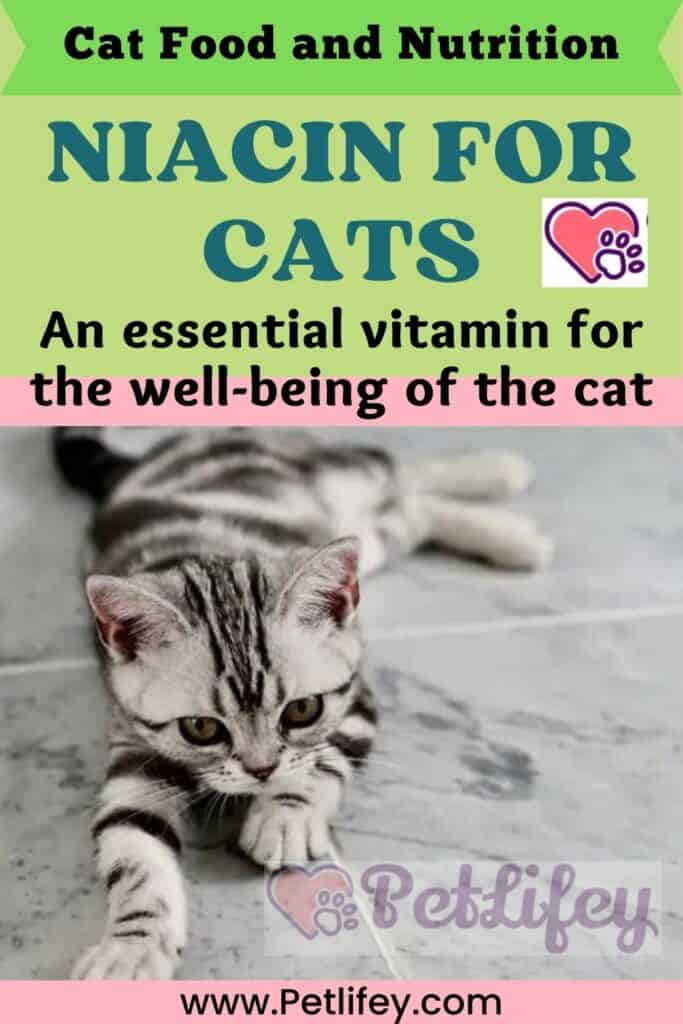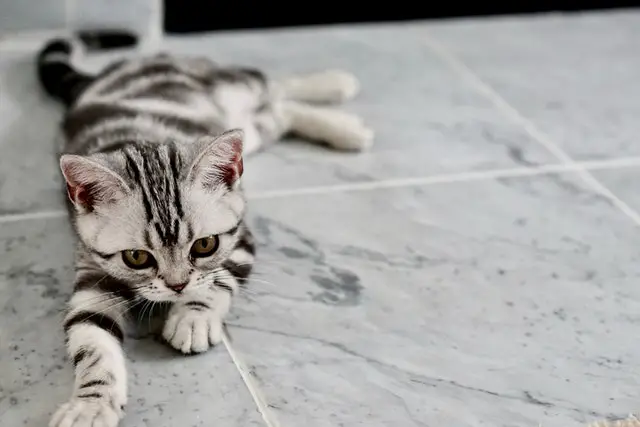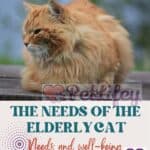
Are you sure your cat is getting enough niacin? Let’s find out what this substance is and why it is so important for your health.
Niacin is a B vitamin, essential for the cat‘s body. A deficiency of this substance, in fact, can cause serious consequences for the well-being of the cat, resulting in the onset of numerous ailments. Let’s see what it is all about and how to make sure Fuffy gets enough.
Niacin in cats: the importance of a balanced diet
Also known as vitamin B3, niacin is a water-soluble essential vitamin.
Although cats are able to synthesize it by themselves, starting from the essential amino acid tryptophan, the quantity produced by the body is excessively reduced and is not sufficient to guarantee their well-being.
For this, it is essential that the niacin is taken by the cat through food. What are the foods in which this substance is found? Niacin is present in both animal and plant proteins:
- Meat, especially muscles and organs;
- Legumes.
Naturally, since the cat is a carnivorous animal, in its diet it will be necessary to prefer foods of animal origin. A correct dose of vitamin B3 is also contained in industrial feeds, as long as they are of excellent quality and specifically formulated for the cat.
Have you ever wondered if it is possible to make a cat eat dog food? The answer is no: the foods for Fido, who is an omnivorous four-legged, are excessively starchy and too low in protein and fat, essential for a carnivore like Fuffy.
The importance of vitamin B3

What specifically is niacin used for in cats?
It performs an important metabolic function. In fact, it is essential to ensure the correct functioning of the enzymes that keep the cat’s body temperature normal and inhibit weight loss. What are the symptoms of a cat niacin deficiency?
- Appearance of ulcers on the abdomen, chest and gums;
- Lack of appetite
- Weight loss in the cat
- Swelling
- Fever
Cats most predisposed to vitamin B3 deficiency are affected by chronic diseases, such as diabetes and kidney disease, since conditions associated with diuresis can cause a loss of this substance and, consequently, an increase in its daily requirement.
In case of suspicion of niacin deficiency in cats, it is essential to contact the veterinarian in a timely manner. In fact, in just 2-3 weeks, the cat will experience anorexia and sudden death.
How is vitamin B3 deficiency diagnosed in cats? After a thorough follow-up visit and evaluation of the cat’s diet, urinalysis will be necessary to confirm the deficiency.






